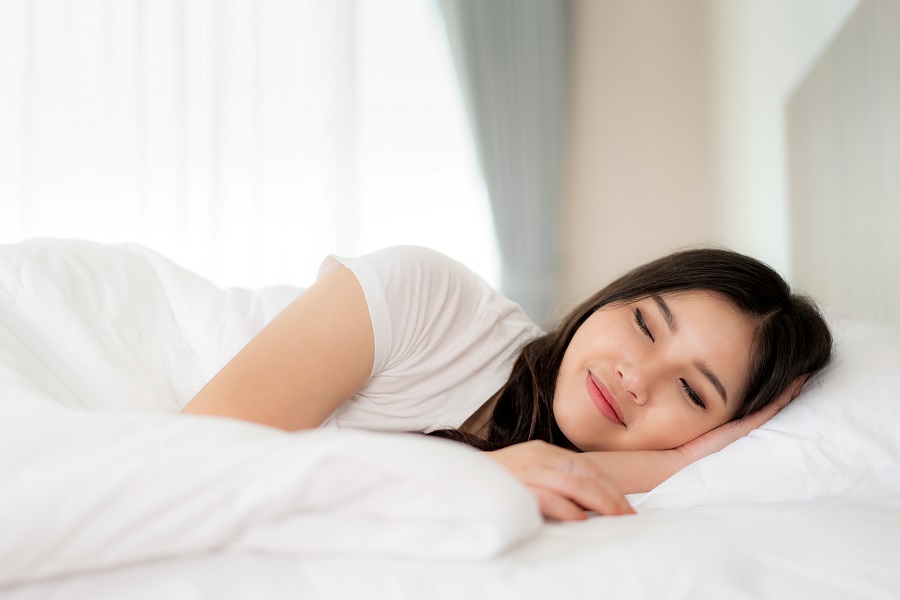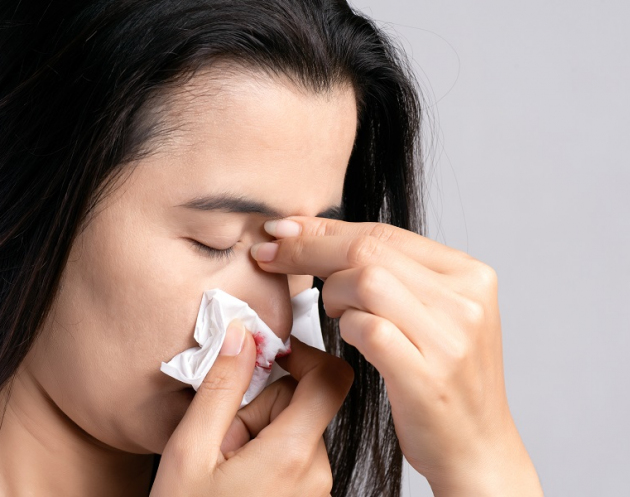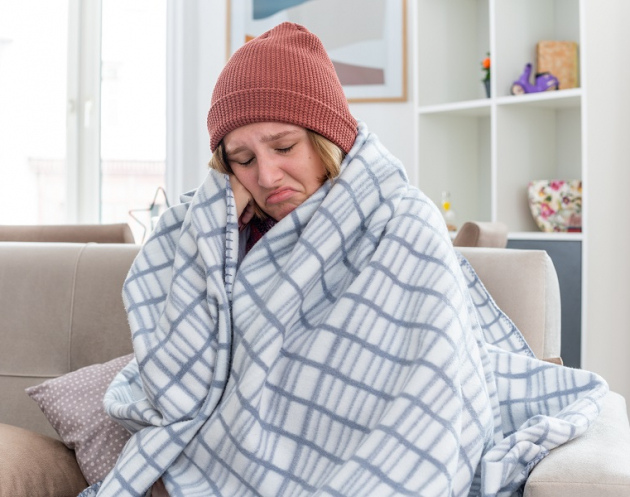One of the most useful guides is certainly this one, relating to remedies for sleep (all natural). Sleeping well is essential for the health of the body and mind. Not only that, getting enough sleep reduces the risk of heart disease, diabetes, stroke and obesity.
However, more and more people are unable to get several hours of sleep that are ideal for rest. It will be the fault of the stress of everyday life that has become increasingly hectic or of increasingly pressing responsibilities …
Sometimes, however, sleep disturbances are caused by particular diseases or are the consequence of taking certain drugs. Finally, there are some particular phases of life, such as pregnancy or menopause , which bring with them many problems including insomnia .
Insomnia
Insomnia is a pathology that concerns a condition of dissatisfaction with the quantity or quality of sleep. It can manifest itself in several ways:
- difficulty falling asleep
- frequent nocturnal awakenings
- early awakenings in the morning
The aforementioned disorders can occur individually or together.
On the other hand, the elements that characterize a good quality sleep are:
- duration , which must be sufficient to allow the person to be rested and alert upon awakening and throughout the following day
- continuity : the sleep period should be smooth and uninterrupted
- depth : sleep must be deep enough

Symptoms of insomnia
A person suffering from insomnia has one or more of the following conditions:
- it takes 30 minutes or more to fall asleep
- events such as difficulty falling asleep and nocturnal awakenings occur more than 3 times a week
- the situation has been going on for at least 6 months
The symptoms of insomnia, however, do not concern only the evening / night time sphere, but also have heavy repercussions during the day. Those who suffer from it complain in fact:
- sleepiness during the day
- sleep concerns
- fatigue
- feeling unwell and tired
- nervousness
- mood alteration
- difficulty concentrating
- worsening of working skills
- migraine
- ringing in the ears
- muscle tension
- gastrointestinal problems
Causes
The causes of insomnia can be very numerous and depend on many factors of various kinds. Here are the most common:
- chronic stress
- anxiety
- depression
- diseases and physical pain
- digestive problems
- menopause
- hyperthyroidism
- environmental factors
- taking certain medications
- incorrect lifestyle and diet
- smoke
- alcohol
- excessive use of electronic devices
- use of drugs or exciting substances
- special conditions such as snoring or the presence of sleep apnea
Natural tips for good sleep
To reconcile sleep, it is of fundamental importance to be able to relax, trying – as far as possible – to remove all the phenomena that cause stress.
So here is a list of good practices that would be a good thing to learn and put into practice:
- regular hours : maintain a certain regularity regarding the times of when you go to sleep and when you wake up. For an adult, the right amount of sleep is 7/8 hours
- nap : any afternoon nap should not exceed 45 minutes
- alcohol : avoid the intake of alcoholic beverages in the 4 hours before going to bed
- smoking : avoid smoking before bedtime
- caffeine : avoid caffeine , or other stimulants, in the 6 hours before going to bed
- dinner : to be consumed preferably no later than 21:00, it must include whole grains , vegetables and lean proteins. Absolutely to avoid foods that are too heavy to digest, but also spicy or too sugary ones
- physical activity : regular physical exercise is a healthy and excellent habit, but to be avoided before going to sleep
- relaxation techniques : yoga , meditation , autogenic training … they are ideal to practice before going to bed as they help slow the heartbeat and relieve muscle tension
- bedroom : walls painted green or in shades of blue have a relaxing effect
- bed : the bed must be comfortable and comfortable and must be used only and exclusively for sleeping, not for working, reading, watching TV or doing anything else .
- mattress : it must be comfortable and suitable for your specific needs
- temperature : for a good restful sleep, the bedroom should be neither too cold nor too hot. The ideal temperature is around 16-18 degrees. And every morning, it would be a good habit to air the room
- sheets : change the sheets often to always have a nice fresh and clean bed
- fragrances : spreading an essence with a relaxing power into the environment (see the paragraph on essential oils below ), promotes sleep
- light : darken the bedroom as much as possible
- noises : try to eliminate as much as possible. The ideal would be to isolate the bedroom. If necessary, use ear plugs
- tv, pc and smartphone : better not to watch them too much in the evening, better to read a good book
- smartphone : better not to keep it on the bedside table overnight
- taking a hot bath or shower that relaxes the muscles and relaxes the nerves
- drink relaxing herbal teas prepared with relaxing and calming herbs
- drink a glass of warm milk before going to bed: milk contains tryptophan , an amino acid capable of exerting a mild sedative action
- having sex : from a scientific point of view, it seems that sexual activity activates hormonal mechanisms that can facilitate falling asleep
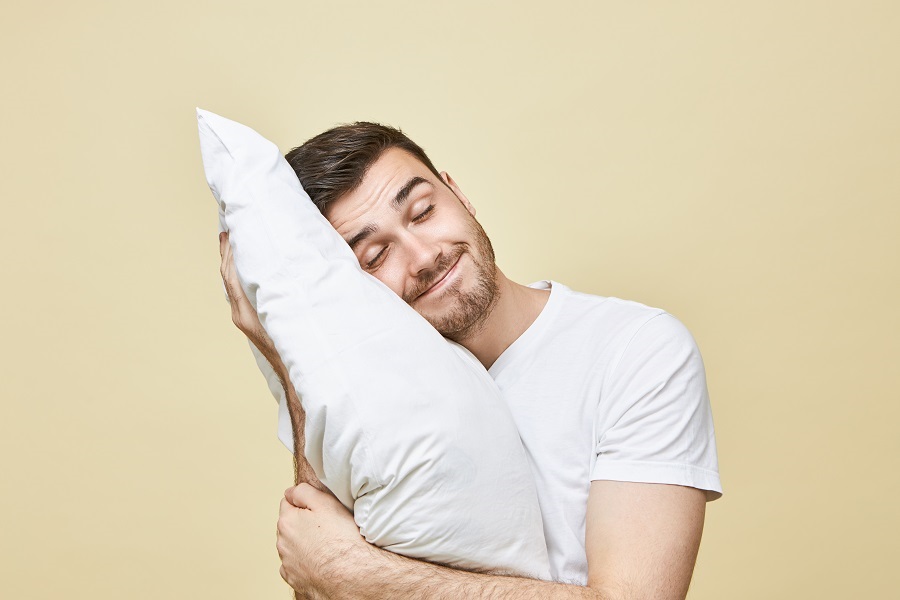
Infusions and herbal teas
Sipping a hot drink just before going to sleep has a relaxing effect, as it warms the stomach and relaxes the mucous membranes.
The ideal would be to choose a herbal tea or an infusion prepared with specific herbs. It is not difficult to find them, in fact nature offers a wide range of plants with relaxing properties, which induce sleep and help to maintain it. Those to be preferred for their relaxing effect are:
- chamomile : sedative of the central nervous system, it is also an anti-inflammatory and analgesic that has a spasmolytic action at the gastrointestinal level
- passionflower : calms states of hyper-excitement and abdominal pain. It acts against frequent nocturnal awakenings
- valerian : sedative and gastrointestinal antispasmodic, calms anxiety and menopausal disturbances. It reduces the time to fall asleep and improves the quality of sleep
- lime : sedative of the central nervous system, it helps to relieve tension and calms nervousness and headaches
- lemon balm : sedative and anxiolytic, has calming effects on states of anxiety, and relaxing the muscles
- hawthorn : has a hypotensive action on the cardiovascular system; it is useful in case of insomnia, especially in very nervous patients
- escolzia : has a sedative and relaxing effect, but also an analgesic and useful against spasms
Chamomile for sleep
The most classic of remedies to facilitate falling asleep can be more effective by applying this old advice of the grandmother: add a couple of dried bay leaves to the chamomile . Leave to infuse for a few minutes, filter and then sip after sweetening the drink with a teaspoon of honey , preferably hawthorn.
Laurel is in fact a valid ally to aid digestion and promote intestinal distension.
Essential oils for sleep
Aromatherapy is another great solution to help you fall asleep. The volatile oils extracted from plants, in fact, have the ability to influence mood and emotions. They are often used to make aromatic baths, to perfume the environment and to give massages.
In the case of insomnia, it is necessary to focus on plants with calming and sedative power. Just add a few drops in a room diffuser to spread a series of soothing scents throughout the room. The oils most commonly used for this purpose are:
- lavender
- jasmine
- pink
- marjoram
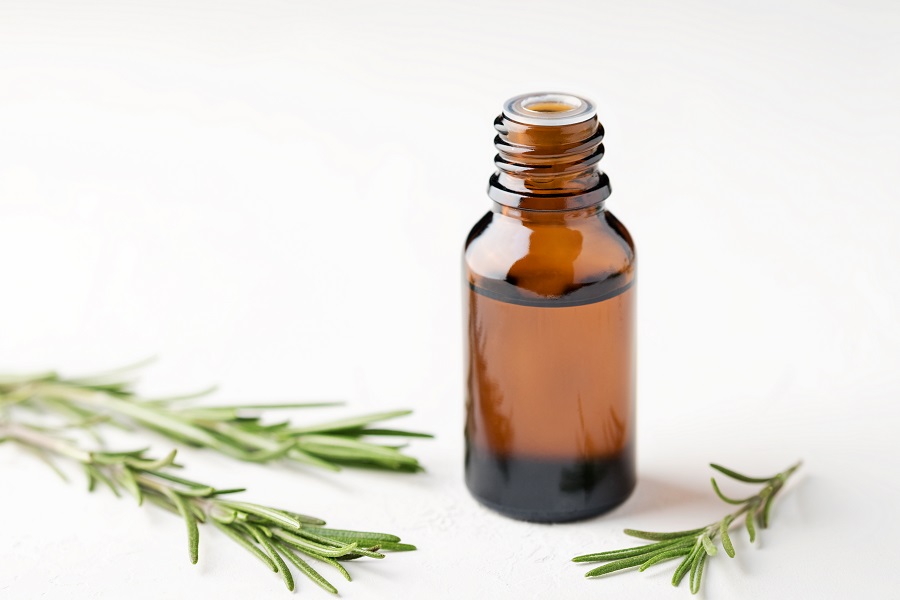
Melatonin for sleep
Melatonin is a hormone that is naturally secreted by our body (specifically by the pineal gland) and which regulates the sleep-wake cycle based on the dark-light cycle.
Towards evening the melatonin begins to rise (it begins at sunset and reaches its peak at 2 am) and “tells” the brain that it is time to go to sleep; on the contrary, melatonin decreases in the morning causing the body to naturally wake up.
Melatonin supplements are a very popular sleep aid, and are used in special cases such as:
- jet lag
- shift work
Specifically, melatonin:
- reduces the time it takes to fall asleep
- it improves the quality of sleep in a global sense
- increases the total duration of sleep
To get an effective effect, just take 1 mg of melatonin just before bedtime.
Melatonin supplements are safe when used for short periods; the safety for prolonged use over time is not known.
Magnesium for sleep
Magnesium is a mineral involved in many processes in the human body; in particular, it is important for brain function and heart health. But it also helps to calm the mind and body, thus making it easier to fall asleep.
Taking magnesium-based supplements can therefore be a valuable aid to sleep more and enjoy a good quality restful sleep.
Lavender for sleep
Lavender is considered the best and most effective essential oil to promote daytime relaxation, but especially the night one .
Just put a couple of drops of lavender essential oil in the diffuser for essences, to invest the room with a very pleasant scent with a calming effect.
Also suitable for children and the elderly, lavender induces sleep even by placing a drop on the pillowcase.
Several studies have also shown that it is enough to smell lavender oil for 30 minutes before bed to improve sleep quality.
The action of lavender is ideal for those suffering from a slight insomnia.
Tips for sleep in pregnancy
Insomnia is a common problem in pregnancy, and it increases with the growth of the baby bump. The causes are many:
- anxiety
- need to go to the bathroom often
- increased sensitivity to external stimuli
- frequent nocturnal muscle cramps
- difficulty finding the most comfortable position as the belly size increases
- difficulty digesting and stomach acid
The herb that is well tolerated in pregnancy is chamomile . It does not contain hypno-inducing active ingredients, but manages to promote good sleep thanks to its antispasmodic qualities which also induce muscle relaxation.
Be careful not to overdo it.
Natural remedies for menopausal sleep
Menopause is a very special period in a woman’s life . In fact, there are strong hormonal changes that cause very common but somewhat annoying disorders, such as:
- hot flashes
- sudden changes in pressure
- sudden changes in mood
- anxiety attacks
- insomnia
Specifically, menopausal insomnia is the so-called “median insomnia”, which abruptly interrupts sleep. Generally, the woman wakes up from the abundant sweats that require the change of pajamas and, sometimes, even the sheets.
The remedies to try to solve, or at least alleviate menopausal insomnia are the following:
- integration with soy phytoestrogens or black cohosh extracts , very useful for counteracting the typical physical ailments of this period
- valerian , if the physical problems are also associated with mood problems
- escolzia and hops , indicated to support the relaxation that promotes sleep in the initial phase
- lemon balm and passion flower : in addition to inducing relaxation, I promote good sleep, mental well-being and also support mood swings
- griffonia , a precursor of serotonin , which regulates the phase of deep sleep and is useful for improving mood
- melatonin , useful support in case of mild insomnia
Natural tips for sleeping elderly
To combat insomnia in the elderly, it is better to avoid taking drugs that could create addiction and / or imbalances to other systems of the body.
In the case of the elderly, insomnia is often caused by drugs that are usually taken (this is the case of diuretics and beta-blockers that act on the regulation of melatonin levels ). It is therefore better to consult your doctor, if not even a sleep specialist, to evaluate the individual specific case.
In addition to the “good practices” and the “rituals” to be implemented, recommended above, it is better to try natural remedies. Among the most suitable herbal remedies for people of a certain age are good:
- chamomile : however, do not exceed the doses otherwise the opposite effect would be obtained
- lime tree
- hawthorn
- hypericum
- sweet orange
- passionflower
- Willow
- valerian
- lemon balm
Tips for sleeping babies
Insomnia in children is a fairly serious problem that must be tackled at the outset in order to avoid worsening the situation over the years.

Evening rituals
First of all, it may be useful to organize a real evening ritual to be repeated methodically every evening. Children love habits and are instead disoriented by “unscheduled” ones.
Some examples: brush your teeth, put on your pajamas, read a fairy tale, etc …
The practice of the ritual is impossible to put into practice before the baby is 6 months old. While from 3 years of age, an evening routine is strongly recommended.
In general, it is advisable to put children to sleep in the dark, or in dim light, and in a quiet environment.
Herbs and herbal teas
Even for children, it is possible to resort to the help of Nature. Drinking a hot herbal tea after dinner also has a relaxing effect on the muscular system. For the choice of medicinal plants, it is better to consult a valid herbalist and avoid preparations that usually contain sugar.
The most recommended herbs for the little ones are based on:
- chamomile
- lemon balm , with a calming and reassuring action
- lime , a relaxing that also improves the symptoms of intestinal colic
- mauve
- passionflower , ideal in case of restless sleep, also helps to relax the mind
Essential oils
The nervous system of children is much more sensitive to olfactory stimuli than that of adults. It is therefore very useful to help children fall asleep, spreading a delicate essence of lavender , a light essential oil of lemon balm or some citrus fruits in the bedroom . A few drops in the water of a diffuser are enough.
It is important to choose pure, non-artificial oils. Also do not overdo the quantities as the risk is to irritate the baby’s mucous membranes.
An effective calming effect can also be obtained by placing a small bag full of dried lavender , chamomile or orange flowers on the bed.
Finally, a very effective ritual could be to perform a relaxing massage using lavender essential oil. In this case, the essence should not be used in its pure state, but added to a vegetable oil that acts as a vehicle ( almond oil , coconut oil , argan …)
Melatonin
Indicated in the event that the child has suffered problems with the sleep cycle following long journeys and, consequently, jet lag.
The intake of melatonin in children must always be referred to a doctor.
Schuessler salt
Magnesium Phosphoricum, one of the 12 salts discovered by Dr. Schüssler , is the most suitable for promoting relaxation of both body and mind.
Magnesium Phosphoricum is in fact recommended to counteract insomnia, abdominal colic (also caused by states of agitation), in the presence of cough and when the child is “hyperactive”.
This substance is able to regulate the sleep-wake rhythm: it facilitates falling asleep and gives a more vital awakening.
For the dosage, follow the instructions given by the manufacturer on the package leaflet or ask your pharmacist for advice.
Bach flowers
Some Bach flowers are of great help in improving the sleep of the little ones. In particular:
- Cherry Plum , for the difficulty in falling asleep with excessive crying
- Mimulus , for fear of the dark, of “monsters” and of being alone
- Chicory , due to the difficulty in detaching herself from her mother
- Walnut , to accompany the child in the stages of change, for example, sleeping in his room
Environment
Even for children, the rules of “sleep hygiene” already seen at the beginning of the article apply.
Therefore, avoid the use of tablets, TVs and mobile phones in the evening, change the sheets often and air the room every day.
In addition, to create a particularly relaxing environment, it can be useful to play relaxing music in the background and keep a Himalayan pink salt lamp on in the room, even at night for children who are afraid of the dark. As it warms up, the pink Himalayan salt releases negative ions that improve air quality by reducing electromagnetic pollution.
Other useful information
You may also be interested in these articles to improve relaxation, manage anxiety and stress and sleep well thanks to all natural remedies:
- Taking an afternoon nap helps you get a good night’s sleep
- How to stop snoring : natural remedies and good habits
- Anti- stress drinks : what are they
- Anti- stress foods : what they are
- Anti- stress recipes : let’s find out which ones help you relax
- Noise pollution : what it is and what damage it brings


